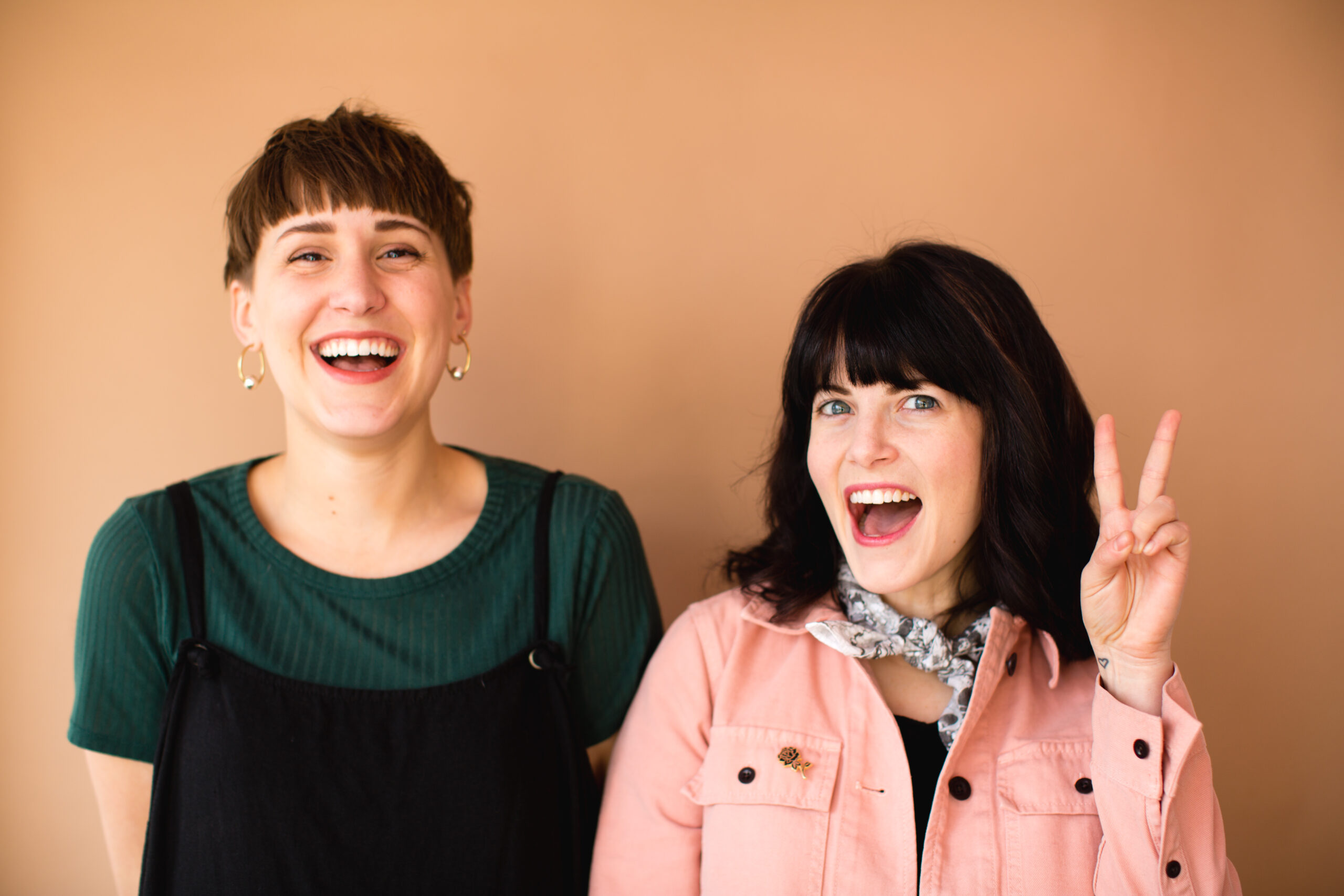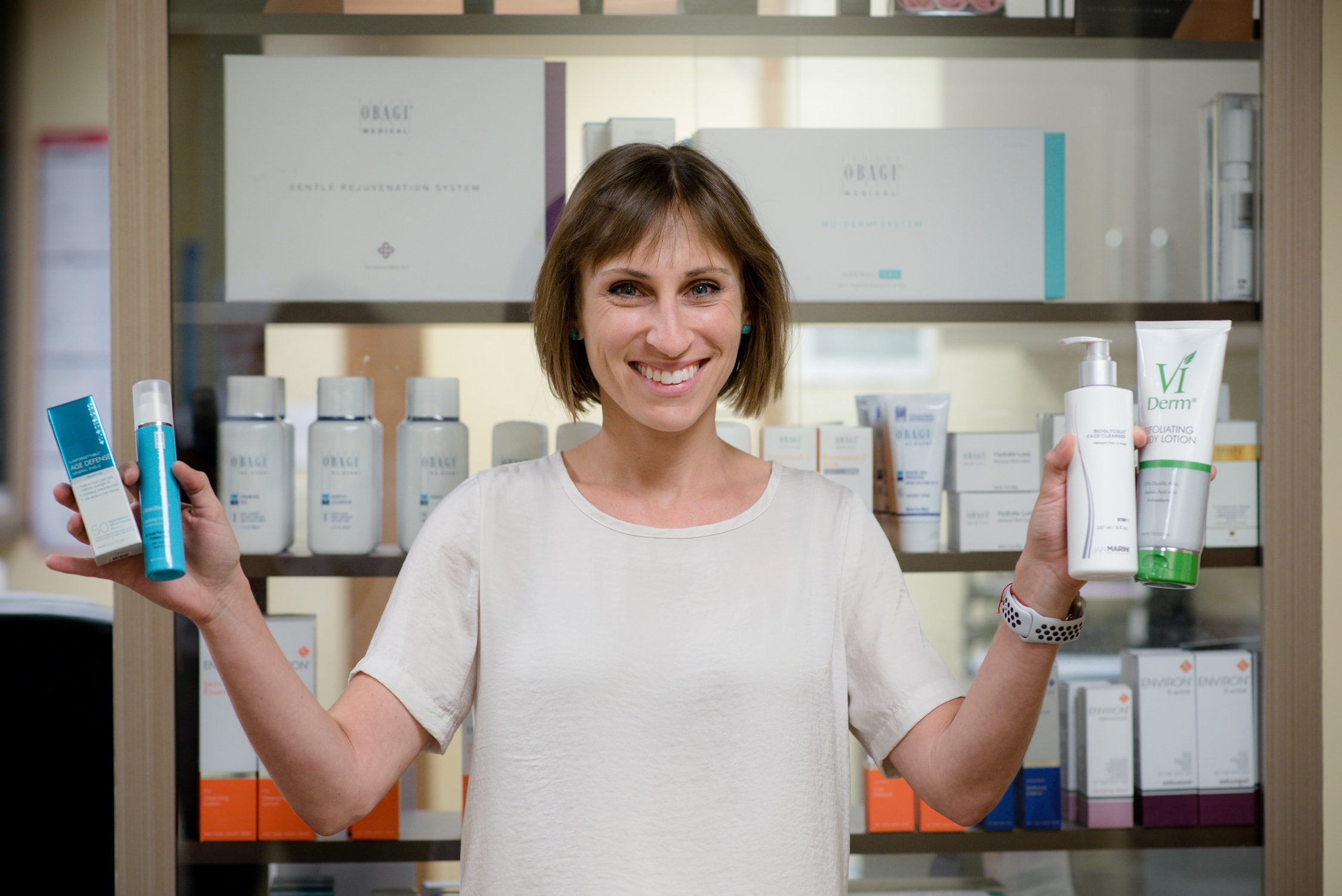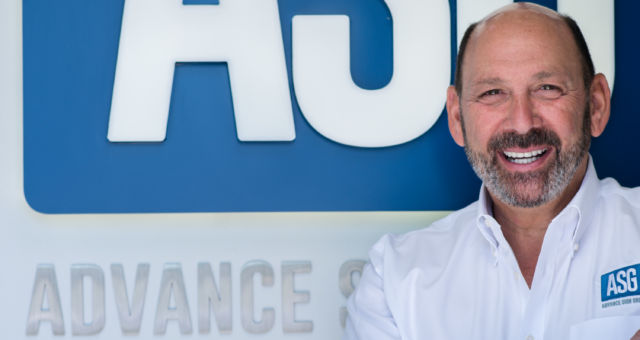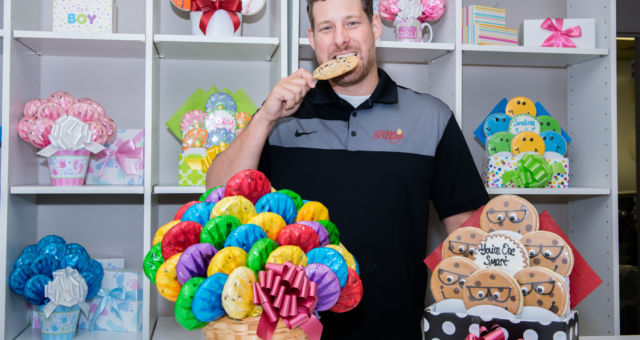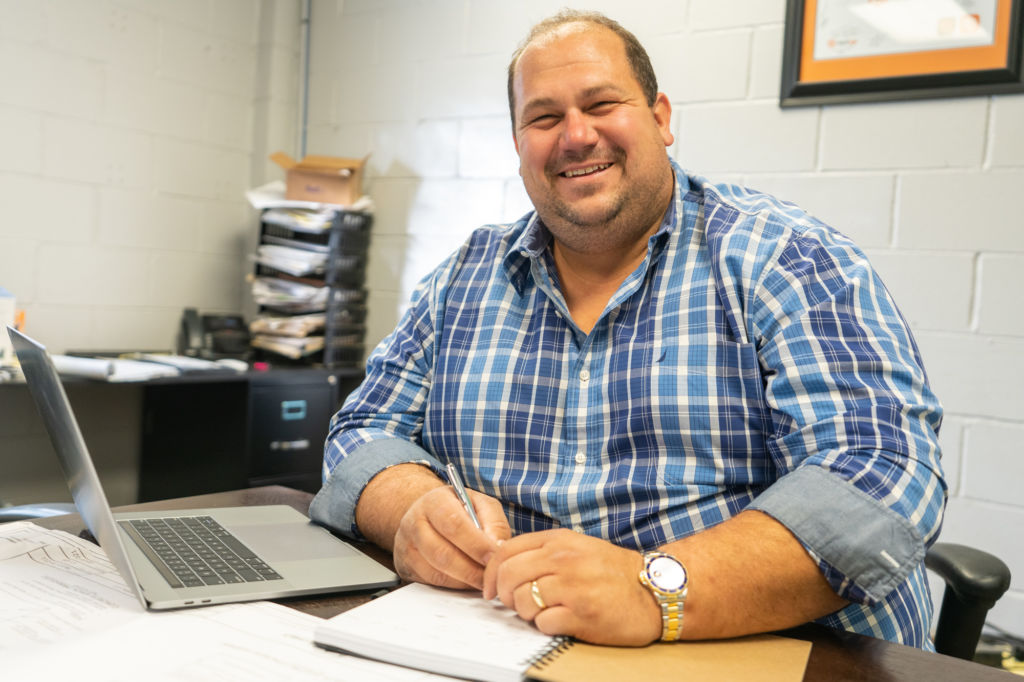
Give us a summary of your business.
Dura-Seal provides high-quality commercial and industrial sealcoating, asphalt, and concrete services. Founded in 2007, the industry-leading organization continues to grow and provide value as a trusted partner, helping customers solve unique problems. Dura-Seal has a reputation for being agile, professional, and innovative.
How did the idea for your business come about?
My great uncle owned a paving company, so that’s how I was first introduced to the business. I had money from my high school graduation that I invested in the company, and then I eventually bought out my business partner so I could continue to grow Dura-Seal the way I wanted to.
What was the turning point for your business? Was there a moment you knew you had something special?
There wasn’t a turning point, per se, but when my accountant asked me if I ever thought a sealcoating business would turn into this, I realized other people thought we were doing well before I felt that way, which I think is pretty typical of entrepreneurs. We’re so busy just trying to stay afloat, we don’t take the time to look around and see how far we’ve come. My response to the accountant was “we’re just getting started.”
What does it mean to you to be an entrepreneur and business owner?
I’ve always been pretty entrepreneurial, even when I was a kid. I also like to read about founders who start off small and grow into something big. As I look to make decisions about my own business, those stories of entrepreneurs’ drive and perspective are refreshing. We thought we’d sell after 7 years, but I like the challenges that come with owning your own business.
What does the city of Columbus mean to your business?
It’s home. There are a lot of great opportunities here. Being part of such a diverse, expanding community is exciting.
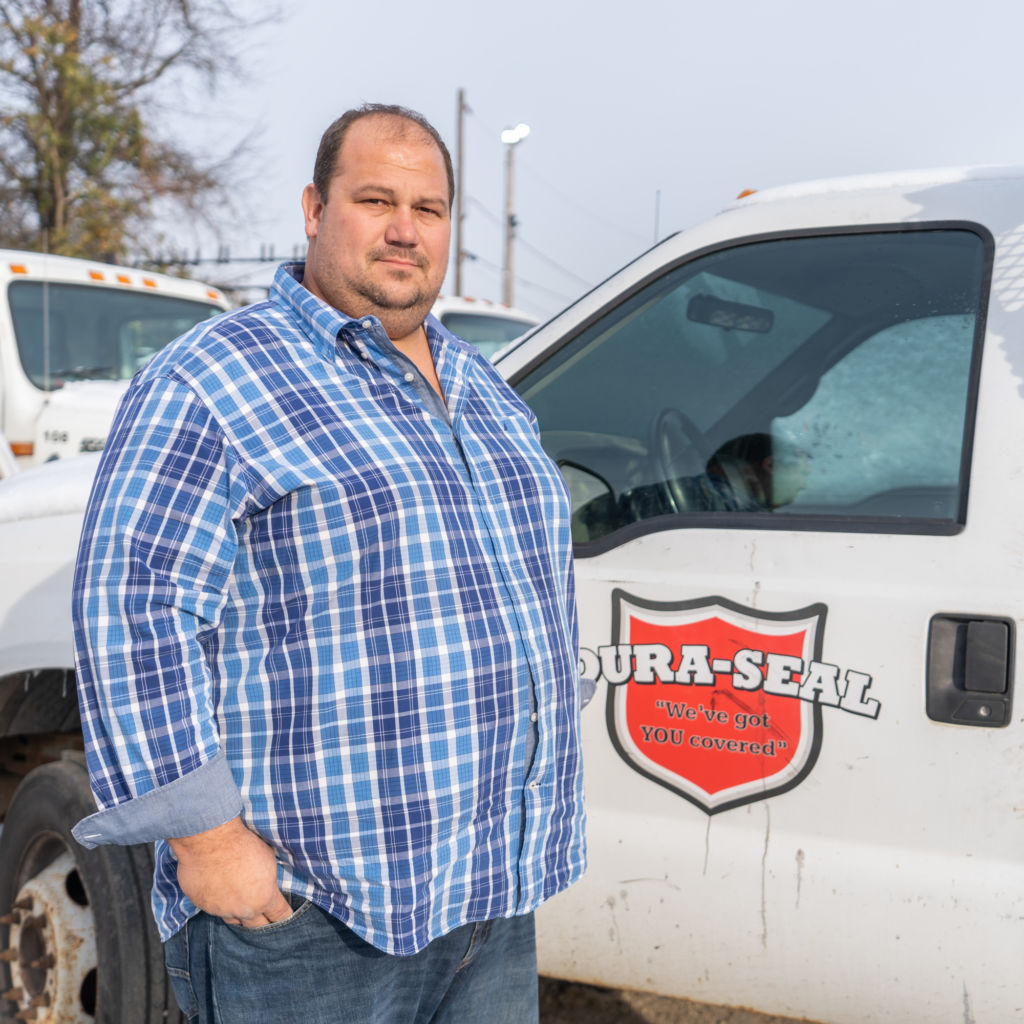
Are you from Columbus? If not, please explain what brought you to here and ultimately what made you stay.
I was born in Columbus, and then I moved to East Cleveland as a kid. After I graduated high school, I moved back to Columbus to live with my dad and go to Otterbein University. Once I started working, we just grew roots here and now I couldn’t imagine living anywhere else.
What’s the number one piece of advice you’d give to anyone wanting to start a business?
It’s a full-time job. It’s non-stop. It feels like as soon as you get where you wanted to be, you’ll find out there’s an even higher level you want to be at if you’re a true entrepreneur.
What do you wish you knew about entrepreneurship before starting your business?
Entrepreneurship is an ongoing process, and once you reach what you set out to achieve, you’ll be happy and also angry, because you’ll realize there’s even more you want to go after. It’s an endless cycle, but one that’s rewarding and challenging in all the right ways.
What’s the most challenging part of your business (i.e, what keeps you up at night)?
Our business is personnel-intensive, and I don’t think we’re unique in that. Making sure we have the right people in the right seats is always an uphill battle. We are always trying to recruit more people who are a good fit for our team and our culture. Also, I end every day thinking about what I did as a leader to make the day better, to make processes better, to help my team and our business grow. I don’t ever turn that thought process off.
Every business owner has a flaw. What’s yours?
I have a tendency to want to dive in and help in the field when there are issues, even though we have people and processes in place so I don’t have to do that anymore. But, that’s my nature – I want to go out and solve the problem myself.
Why do you think most business owners fail? What has made you different?
I think the reason most fail is capacity – whether that’s financial capacity to keep growing, personal capacity to take on more themselves, or something else. I’ve been able to find some great leaders that I give pieces and parts of the businesses to for them to handle. That lets me keep working on the business, not in the business.
What was your biggest mistake and what did it cost you?
I don’t think I’ve made my biggest mistake, yet. That’s still to come.
What tool has helped you the most for your business (invoicing, accounting, shipping, plugin for website, etc.)?
For our business and for our industry, when Google Earth became widespread and we were able to measure parking lots from satellite view, that was really a game-changer. We could look at parking lots without ever having to visit a job site, or at least wrap our heads around what we were looking at before we showed up. And once Google Earth was out, there were other technologies that sprouted up, too, all of which cut down on time, money, and headaches.
When did you know it was time to expand your business, make your first hire, etc.?
I think our first hires were natural – we needed a couple extra team members to help with the work we were already doing. But, the real turning point was when we hired an office manager to take over some of the bookkeeping, answering phones, and helping us be more organized. That was one of the first steps that allowed my partner to get out, sell more, and meet more customers. That was a big moment in our business’ growth and continued success.
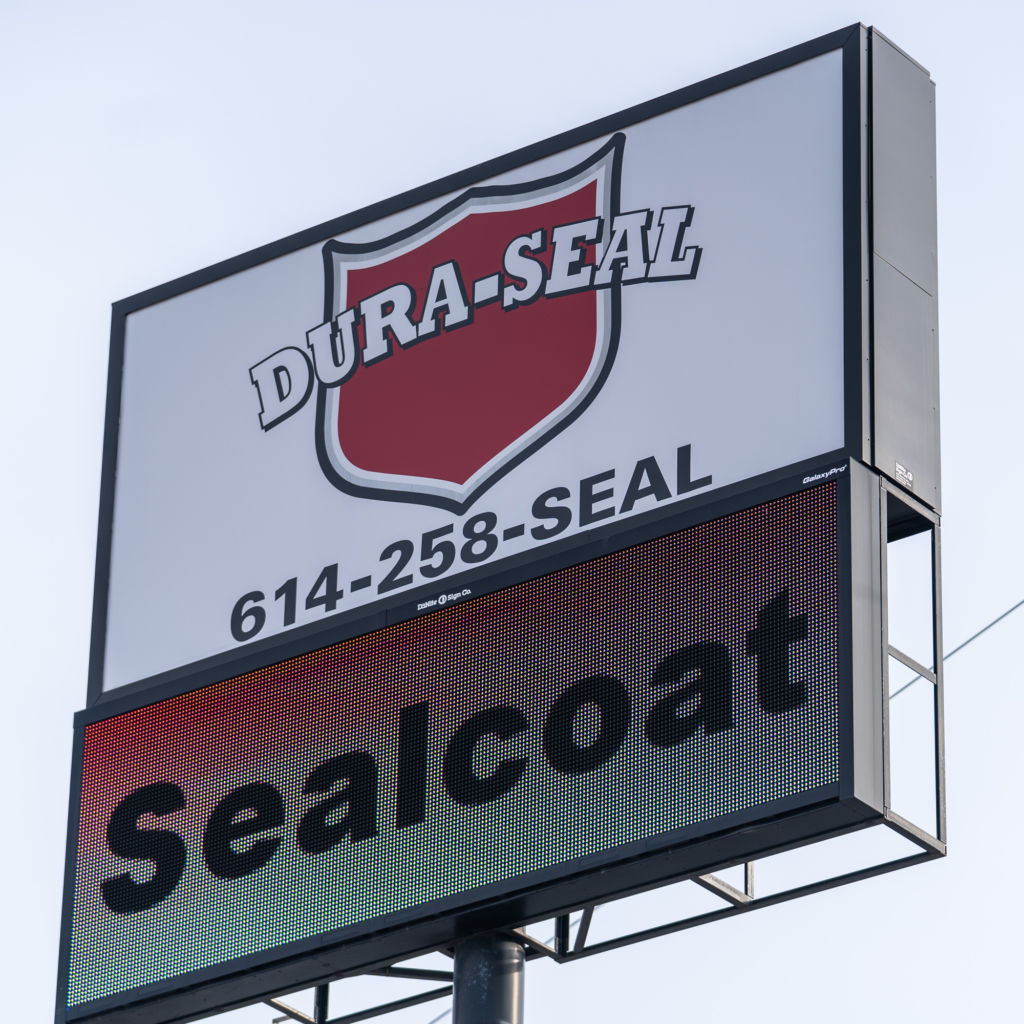
What is something that you did that was a game changer for your business?
We focus a lot on company culture. It’s so important to spend time with your staff and learn their needs. We try to keep crews together so they get to know each other and build camaraderie, and we have a number of programs and incentives in place that have a really positive impact on the ways our crews interact with each other.
What was an idea that you spent a lot of time on or thought would make a big difference in your business that didn’t pan out.
We’ve made multiple bad hires for sales people and estimators, people that I thought would be able to be self-starters that didn’t end up working out. That’s one reason we spend so much time on hiring and building that team culture now.
What is something that your business spends a lot of money on that’s worth it?
We spend a lot of time getting ready for the crews to go out every morning. Our operations team prepares each crew so they’re aware of how the jobs will go and have everything they need to hit the ground running. Most businesses in our industry probably do this to some level, but we’re ALWAYS doing it, not just for our bigger projects. And we’re revisiting ways to make our projects work more smoothly with the same regularity. It’s an investment in our team and processes that make the projects more successful in the long run, even if it takes more time upfront.
What is something you’re working on now that you’re very excited about?
We are going to be taking steps to build our company even more over the next several years and I’m excited for that process to kick off.
What form of marketing is the most valuable for you?
Honestly, it’s happy customers spreading the word. For our potential customers, we can’t replace a positive review from someone they trust. So, word-of-mouth is still our strongest marketing tactic, even in this digital world.
Who do you vent to when you have a business problem?
I go to my general manager and operations manager first. They reliably talk me off the ledge every time there’s an issue. We work through everything together.
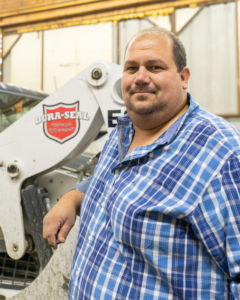
Where do you see your business in the next 10 years?
I see Dura-Seal expanding further both on the services side of our business and physically, as we look to other areas around the state and nearby states for future opportunities.
What other entrepreneur do you look up to most?
I don’t know him personally, but I like Mark Cuban’s attitude and business strategy. If you’re not working on your business all the time, someone else will, and they’ll take over. That said, I also think there’s room on the top for everybody – you don’t have to be the biggest, baddest entrepreneur with the coolest business to be successful.

